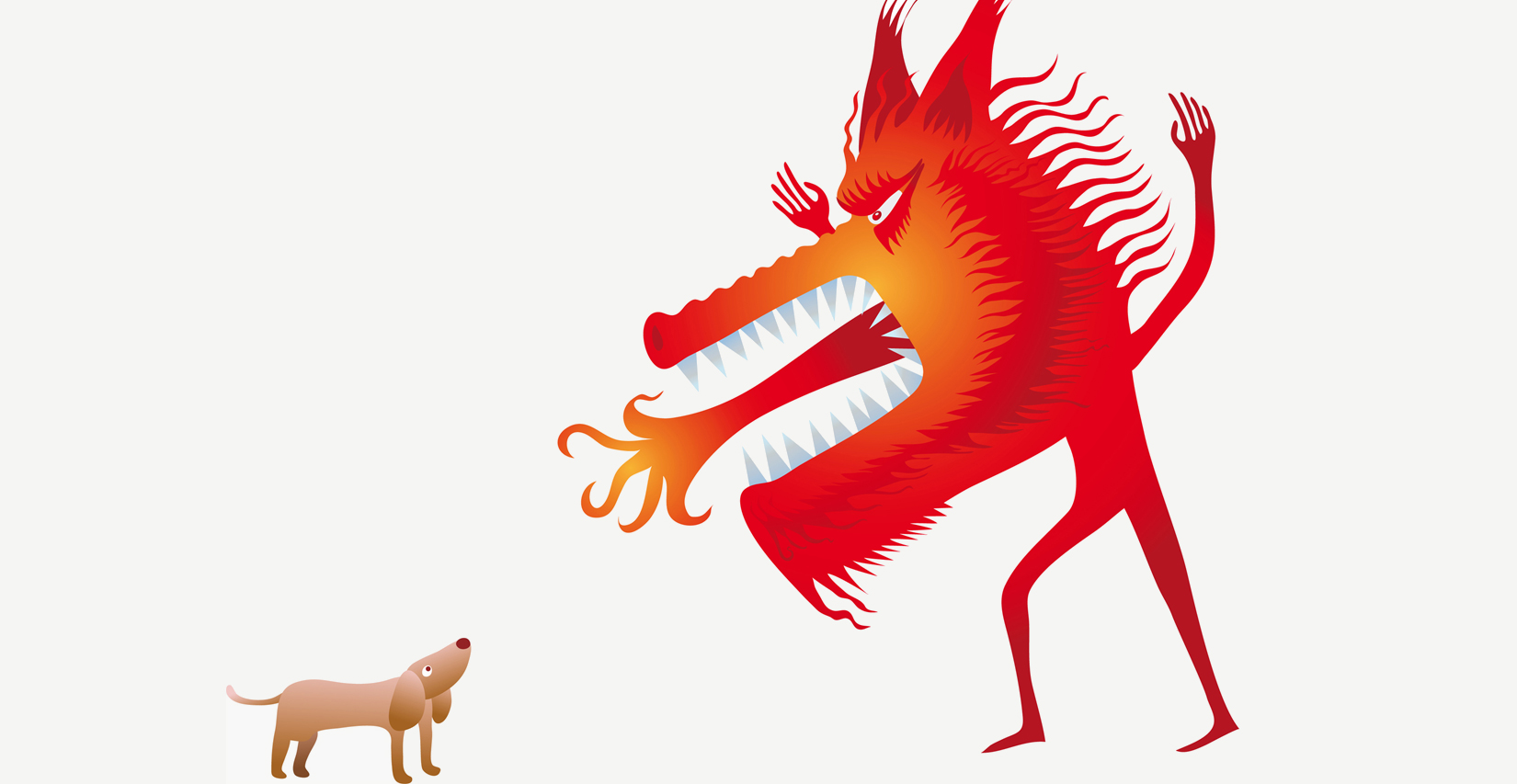Everyone loves stories about the underdog. But here’s a classic ‘overdog’ story. I attended a function recently and was introduced to a guy I hadn’t met before. He asked me what I did, and then cut me short and proceeded to spend 20 minutes telling me all about his wonderful life. How well his business was doing, his six-figure income that was likely to increase by 50% this year, the new Maserati in his 100m2 carpeted garage, the Europe cruise booked for later in the year and so on and so on. He was intoxicated by his own success and loved hearing the sound of his own voice. So much so, that I struggled to get a word in, and when I did, he didn’t really hear or register anything that I was saying.
This is a classic ‘overdog’ story and you’ve probably heard plenty of these yourself over the years. Don’t you find them a big turn-off? Many brands are like this guy at the party and are guilty of telling overdog stories – infatuated by their own sense of importance and their supposedly unique contribution to the world. How many websites have we seen where brands are talking about being innovative, world class, world leaders, best in class etc?
Legendary storytelling coach Robert McKee says that brands have got to stop bragging and promising, and start telling stories. Brands need to stop trying to be the hero in their own story, and let their customer be the hero. They should focus more on being a mentor – kind of like an Obi Wan Kenobi character, helping the hero on his journey.
I believe that brands are far better served by telling underdog stories.
Why? Because we always root for the underdog, and relate more deeply to his struggles, so there’s a higher trust component and a much stronger emotional connection. And the underdog always has something to prove so we feel like we can count on his loyalty. The underdog won’t abandon us in times of trouble.
Richard Branson really gets this principle, and always chooses new business opportunities and markets where he can tell a classic underdog story. One of his famous quotes is, “We look for the big bad wolves who are dramatically overcharging and under-delivering.” Notice his use of the term “Big bad wolves”. This is classic story language and an analogy that we all recognise from childhood.
A fantastic underdog story example is the Avis campaign launched in the eighties. At number 2 behind Hertz, their campaign bluntly stated “We try harder.” The humility and directness of this line immediately builds trust and creates the feeling that Avis will work harder to please you than their competitors will.
There’s much more power in being the underdog than the overdog. The key to a great business story is to get your audience to make an empathetic connection with you.
Underdog stories do just that. Overdog stories just turn people off.

